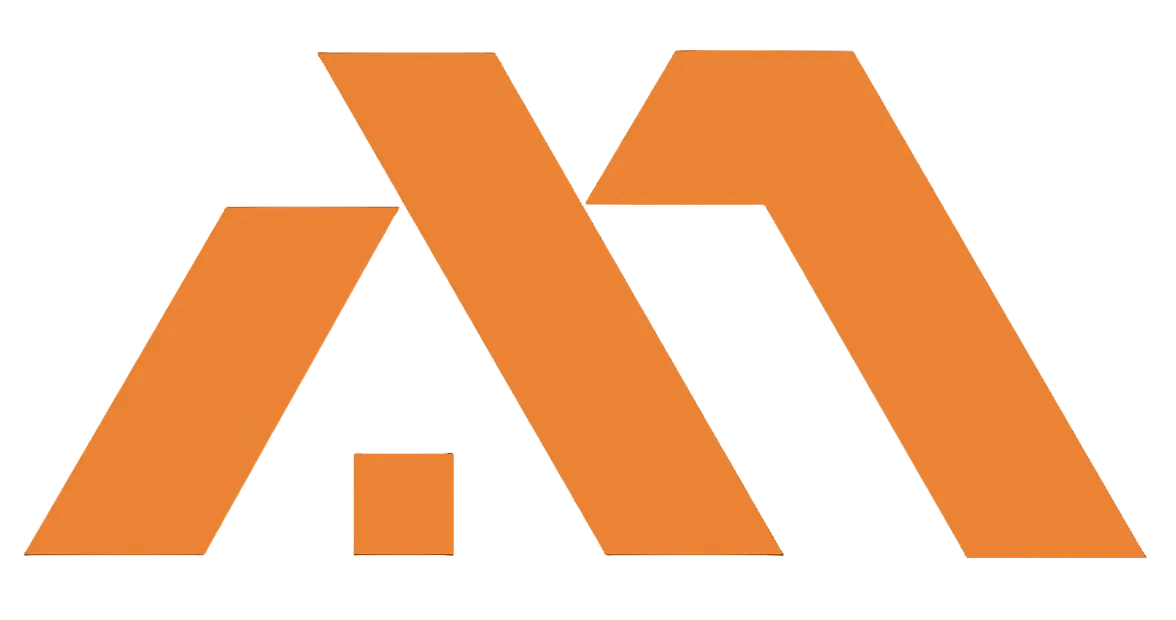
Address: 3255 Ashbourne Cir San Ramon CA 94583
Call: 877-343-7379
Email: info@munshi.biz
We value your time
Learn the secrets of mortgage world and save on your most expensive budget item!
Eager to know more on how to save on your mortgage?
join us to learn more
Information you were waiting for is available right here! From first time home buyers to seasoned investor and fund managers rely on this information to make informed decisions about their real estate financing.
Risk and Redemption: What Happens When Hard Money Loans Go Awry?
Learn the risks of hard money loans, what happens if you default, and how to avoid property loss, credit damage, and investment failure. Get expert tips today. ...more
PR
August 22, 2025•6 min read

Choosing the Perfect Partner: Your Guide to Hard Money Lenders
Learn how to choose the best hard money lender for your real estate investment. Compare rates, terms, and lenders to make confident, profitable decisions. ...more
PR
August 22, 2025•6 min read

Securing Your Future: Mastering the Art of Exiting with Hard Money Loans
Explore proven exit strategies for hard money loans—flip, rent, refinance, or bridge finance. Learn how to reduce risk and maximize ROI in real estate. ...more
PR
August 22, 2025•12 min read

Cracking the Code: Understanding Interest Rates in Hard Money Loans
Curious about the high interest rates in hard money loans? Discover how factors like LTV ratio, credit score, loan term, and property type impact your rate. Learn to negotiate better terms and use the... ...more
PR
August 22, 2025•6 min read

The Rise Of Bank Statement Loans: What They Mean For Self-Employed Investors
Explore the rise of bank statement loans how self-employed investors leverage 12–24 months of deposits instead of tax docs to qualify for mortgages, despite higher costs. ...more
PR
August 22, 2025•6 min read

Building Wealth With Low Down Payment Loans: A Real Estate Investor’s Guide
Discover how investors build wealth with just 3–5% down using FHA, VA, DSCR, and creative financing like HELOC or seller financing maximize leverage smartly. ...more
PR
August 22, 2025•8 min read

© Copyright 2025. Munshi Capital Inc. All rights reserved.
